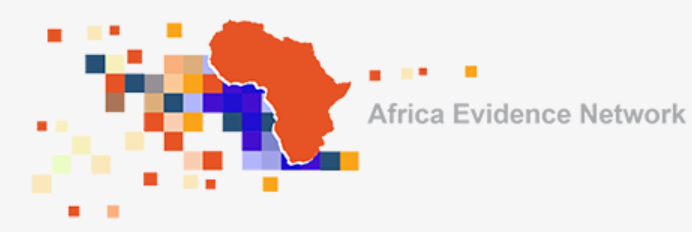
Abstract submissions for oral and poster presentations for Evidence 2018 are now closed and we are very excited by the positive response. In total, 119 abstracts have been received, which is a substantial increase from the 91 received for our previous conference, EVIDENCE 2016.
Those who submitted represent 24 different countries of which 17 are in Africa. Individual countries from which the most abstracts were received are South Africa (29), Uganda (15), Kenya (12) and Cameroon (10). We are especially pleased to have received submissions from countries such as Cameroon, Nigeria and Tanzania which indicates increased engagement from representatives of those countries with the conference.
Themes for EVIDENCE 2018
As a reminder to readers, in keeping with the underlying themes of EVIDENCE 2016 of engage (engagement between stakeholders, engagement with evidence), understand (understanding the importance of evidence for decision-making as well as understanding the evidence that exists and how we use it), and impact (what outcomes come from incorporating evidence in decision-making) this year’s conference especially considers these themes in relation to good governance, communicable diseases, quality education, and climate resilience.
An especially overwhelming response has been submissions under the good governance strand which make up more than one-third of all submissions received. Submissions cover topics such as public sector efficiency; evidence-informed decision-making in key government institutions such as parliaments; the role of evidence in budgeting processes and the provision of basic services; and models, mechanisms and methods to increase evidence use, such as the establishment of rapid review services.
Submissions under the communicable diseases strand are concerned with evidence around HIV/AIDS, malaria and the Zika virus and how to incorporate such evidence in decision-making; promoting equity in access to quality healthcare; and strategies to include African voices in global health decision-making.
For quality education, submitters were particularly interested in the best practices in teaching and learning; evidence mapping related to various education sub-themes; and engaging with decision-makers on the evidence for quality education.
The role of indigenous knowledge in scientific evidence; the engagement of citizens with science; and the evidence to scale up climate change interventions are some of the topics covered by submitters under the climate resilience strand.
Nearly twenty submissions were received under the open strand to capture important and engaging work that does not relate to the four thematic strands. Here abstracts were submitted that discuss the use of routine data in decision-making, co-producing evidence synthesis products with decision-makers; and the role of systematic reviews in decision-making.
I think readers will agree that these topics make for a potentially exciting and engaging conference!
What happens next?
Abstract reviews are currently underway until 20 June. The Abstract Review Committee consists of the Scientific Programme Committee, plus additional support to assist with the blind review process. But putting together a conference programme is about more than simply finding a slot in the programme for the highest scoring abstracts. This process needs to consider coherence within strands and the overall coherence of the conference programme. It also needs to consider how delegates participate by ensuring different presentation formats, different forums for engaging to suit different styles, and enough time to do so. This is why towards the end of June, a ‘marathon’ meeting will be held to place abstracts and other content in the conference programme to ensure an overall engaging and intelligible programme. Submitters will be notified by 2 July of the success of their abstract submissions.
Although abstract submissions have now closed, there remains other ways through which to participate in the conference – submissions for satellite sessions remain open until 31 May. In addition, the most recent AEN survey is also open until 31 May if members would like to influence the themes of workshops to be presented at the conference which is one of the questions asked. We hope you will register your attendance to EVIDENCE 2018 by 18 September – we look forward to seeing you there.